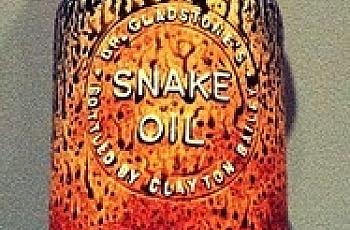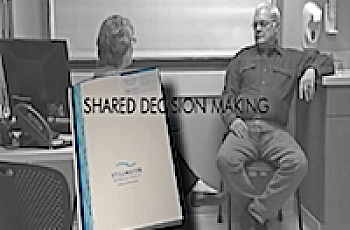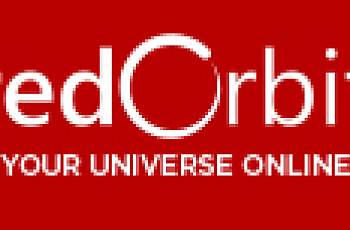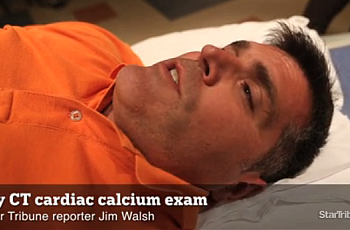
Gary Schwitzer
Publisher

Publisher
Gary Schwitzer has specialized in health care journalism for nearly 50 years. He is founder and publisher of the website HealthNewsReview.org, once leading a team of about 50 people who graded daily health news reporting by major U.S. news organizations, and who also graded health care PR news releases. The project won a Knight-Batten Award for Innovations in Journalism. For nine years he taught health journalism and media ethics at the University of Minnesota. He is now an Adjunct Associate Professor in the university's School of Public Health. Gary worked in television medical news for 15 years – including being in charge of the CNN medical news unit.
The Kaiser Family Foundation published his 2009 report on the state of U.S. health journalism. In 2010, he wrote “Covering Medical Research: A Guide For Reporting on Studies” for members of the Association of Health Care Journalists (AHCJ).
His articles on health journalism have appeared in many different publications, including the Columbia Journalism Review, Nieman Reports, the Poynter.org website, the Journal of the American Medical Association, JAMA Internal Medicine, BMJ, PLoS Medicine, and the newsletters and websites of the Association of Health Care Journalists and of the American Society of News Editors.
He has led health journalism workshops at 10 consecutive AHCJ national conferences, at the NIH Medicine in the Media series, at the MIT Medical Evidence boot camps, and internationally for National Cancer Institute (NCI) workshops in Rio de Janeiro, Guadalajara, San Juan, Beijing, and in New Delhi and Mumbai, India.
He gave a keynote address at the International Shared Decision Making conference in Lima, Peru in 2013 and delivered a plenary address at the National Medicines Symposium in Brisbane, Australia in 2014.
In 2014, he was named one of 25 Champions of Shared Decision Making by the Informed Medical Decisions Foundation. Also in 2014, the American Medical Writers Association honored him with the McGovern Award for preeminent contributions to medical communication. In 2016, Rodale, Inc. named him to its inaugural “Rodale 100″ list of “innovators who are changing the face of the health and wellness universe.”

I’ve been too nice the past two years, calling my year-enders “PR puffery” or “PR stuff.” The stuff I’m writing about here is pure crap. So we’re calling it that. This is about the bombardment of news releases sent to journalists who are trying to decide what is vital information for the public.

Don't wait for the next release of data, the next news release or next news conference. No matter where you live, there are local angles in the Atlas data. Read how you could mine the data anytime for local angles - even over the holidays.
Finally, some medical journals are telling authors of scientific papers that "inappropriate word choice to describe results can lead to scientific inaccuracy."

MRSA is no joke. It should not be the subject of unforgiveable headline hype.

Evidence is piling up about the low percentage of papers presented at scientific meetings that are ever published. So why do so many journalists continue to treat such papers as if they were sacrosanct? News coverage of the recent American Heart Association's scientific sessions is a case in point.

How does a journalists' free heart scan affect his news coverage of the test? That's complicated.

Around the globe today, misleading news headlines describe a journal paper on alcohol and arthritis in women. And a BMJ news release didn’t help.

<p>Surrogate markers may not tell the whole story - and we explain why in our latest entry to our online toolkit.</p>

CBS rejects 3 Stooges movie promo because it makes fun of TV drug ads. As Curly said in "Dizzy Doctors": "Brighto! Brighto! It makes old bodies new! We'll sell a million bottles, Woo, woo, woo, woo, woo, woo, woo!"

<p>"The renowned mythbuster of medicine" - as one blog calls John Ioannidis, MD, of Stanford - asks tough, important questions about the 100,000+ medical conferences held each year. Journalists and the public should learn from his warnings - since so much news is reported from these meetings.</p>